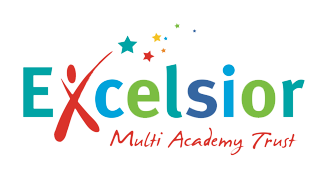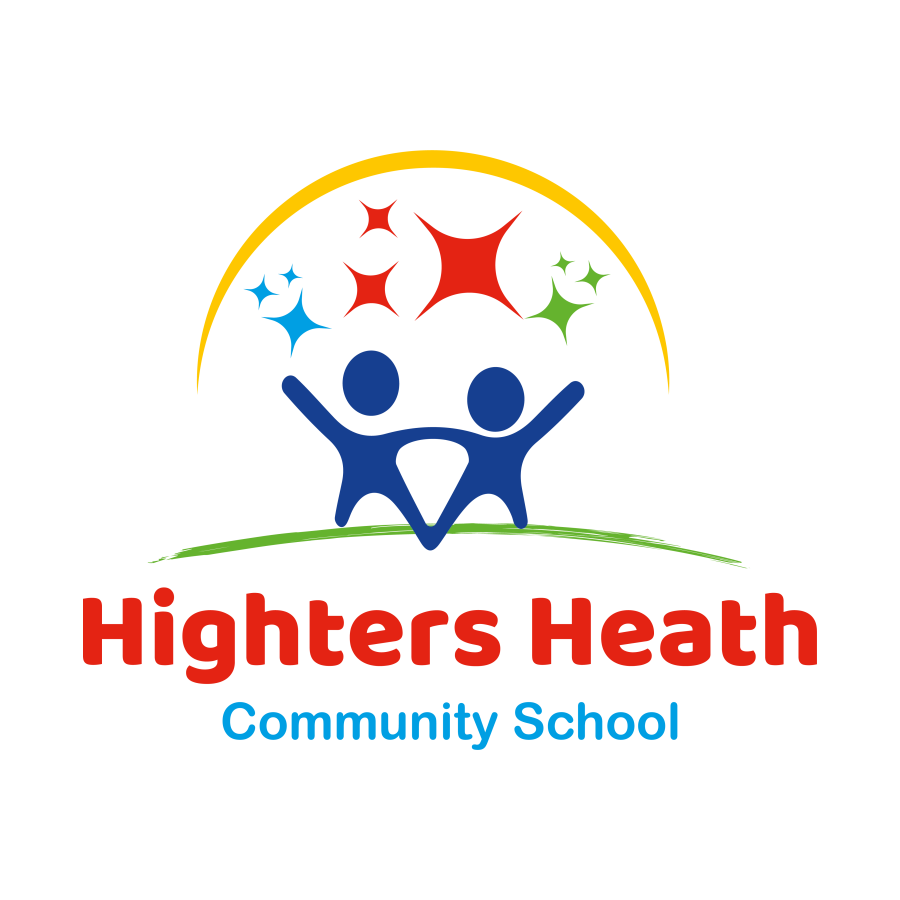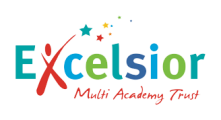SEND Information
Highters Heath Community School is an inclusive school. We believe that all teachers are teachers of special educational needs and that all children are entitled to an education that enables them to achieve their full potential.
We aim to enable children to develop, learn, participate and achieve the best possible outcomes.
High quality teaching that is differentiated and personalised meets the individual needs of the majority of children. However some children need educational provision that is additional to, or different from, this. This is special educational provision under Section 21 of the Children and Families Act 2014. We are committed to ensuring that such provision is made for every pupil that has special educational needs and disabilities.
You can find out more about SEND at Highters Heath Community School in the following documents.
Please find a copy of our SEND Policy on our Policies and Documents page.
Accessibility Plan
Please click the link below to read our Accessibility Plan.
SEND Information Report
The questions below cover the content of our SEND Information Report. Click the question to find out the appropriate answer or read the whole document:




